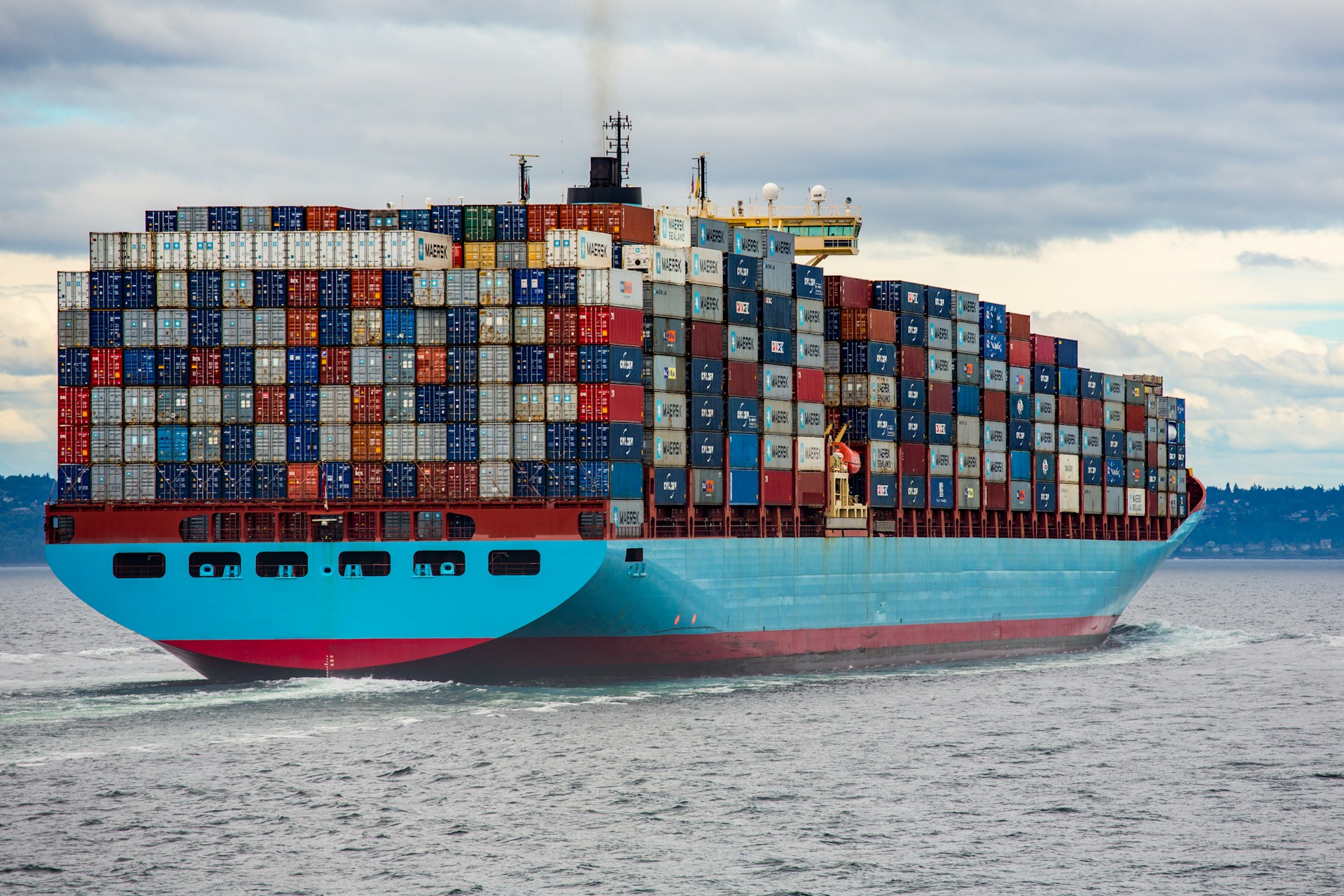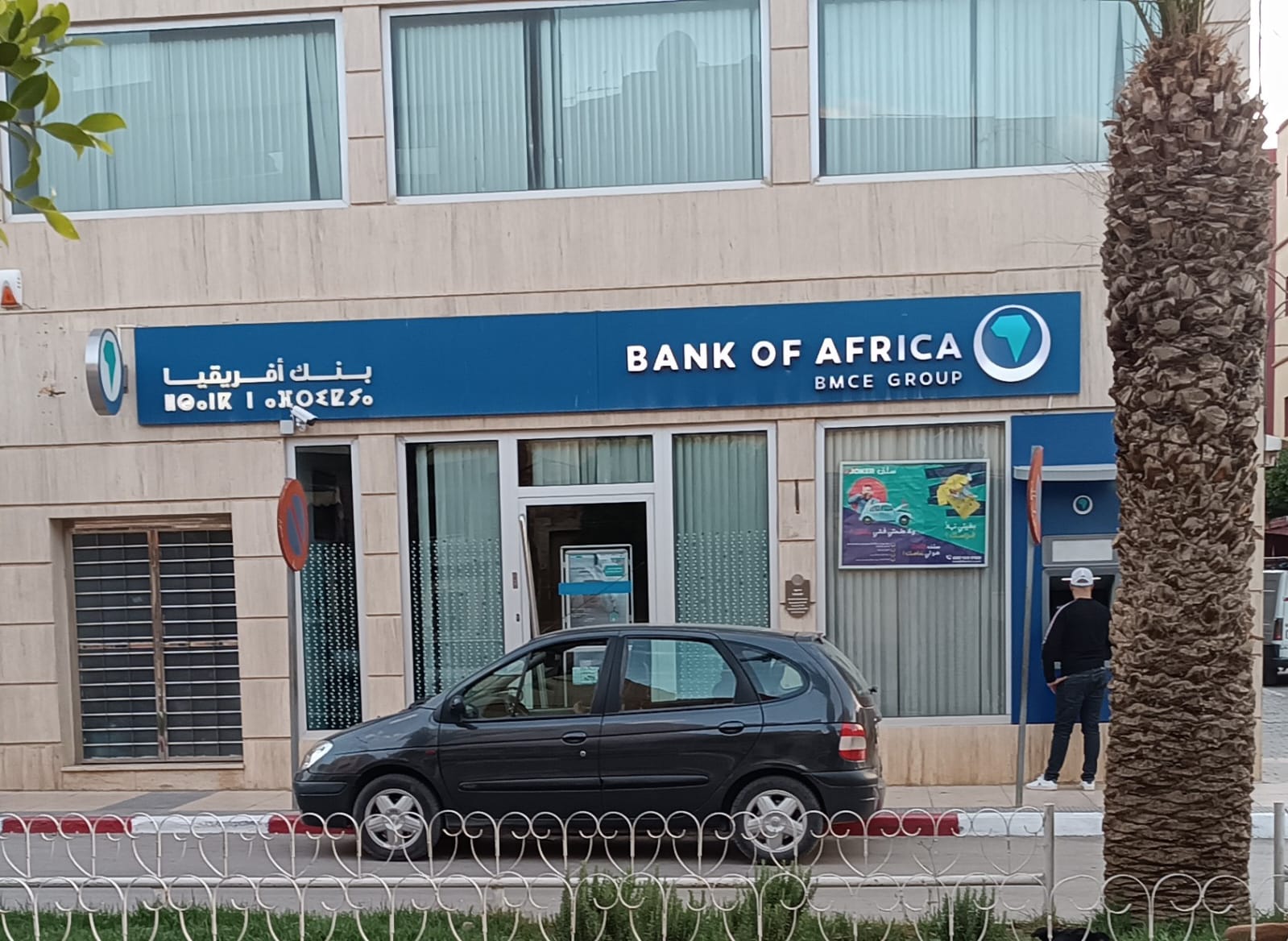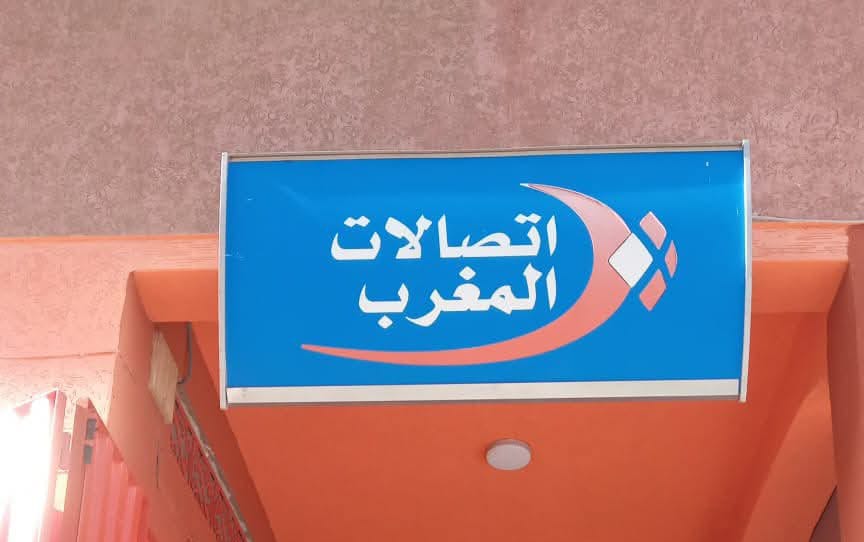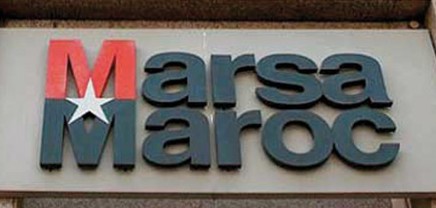Casablanca – Morocco’s maritime trade landscape is undergoing a significant transformation as two new sea corridors emerge, promising faster, greener, and more diversified routes between North Africa and Europe.
1. Agadir–Cadiz: A historic route, revived
After an 11-year hiatus, the once-bustling sea link between Morocco and Spain’s Cadiz is finally set to reopen. Negotiations involving the Port Authority of the Bay of Cadiz (APBC), Agadir representatives, and economic stakeholders are advancing swiftly, with a relaunch targeted for November 2025.
This renewed line, unlike its predecessor which connected Cadiz to Casablanca, will instead link Cadiz directly with Agadir—a strategic choice aimed at alleviating congestion at Algeciras and reducing overland traffic through Cadiz province. The original route operated by Comanav had transported textiles, produce, and ro-ro cargo before ceasing in 2014 due to the company’s bankruptcy. At its peak in 2007, the corridor handled more than 400,000 tonnes of goods, and in 2013, vessels Fes and Meknes maintained regular weekly rotations between Cadiz and Casablanca.
The revived line marks a pivotal moment for southern Spain’s logistics capacity. By 2026, Cadiz will feature a new container terminal and two railway freight links—one directly tied to the new terminal and another connecting to the Cadiz–Seville line—underscoring its ambition to become a major logistics hub south of Europe.
Catalyzing this revival was a summit in Cadiz in April 2025, where Moroccan and Andalusian chambers of commerce, port operators, and entrepreneurs explored the benefits of resuming maritime connectivity. Among the prospective players in this restart: Atlas Marine, whose CEO, Ben Sharp, envisions integrating Agadir–Cadiz into a wider “maritime highway” stretching from Abidjan to Portsmouth, thereby strengthening Africa–Europe maritime networks.
2. Samskip’s Moroccan Reefer Service: A sustainable leap for fresh produce
Parallel to physical infrastructure improvements, Samskip, a European logistics company headquartered in Rotterdam, has already rolled out its Moroccan Reefer Service (MRS)—marking a historic development in refrigerated transport between Morocco and Northern Europe.
Launched in August 2025 with weekly, direct sailings, MRS links Agadir and Casablanca with Thamesport (UK) and Rotterdam (Netherlands) in one of the fastest sea routes for perishable goods. It offers door-to-door transit times among the shortest on the market and integrates customs clearance and inland delivery, significantly simplifying logistics for Moroccan exporters. The service is backed by a long-term partnership with the Morocco Fruit Board, reinforcing its commitment to supporting the agriculture export sector.
Key features include the use of 45-foot refrigerated containers , which match standard road trailer capacity and maintain the cold chain throughout transit. Samskip emphasizes that its service is uniquely fast enough to reliably transport fresh vegetables, a segment traditionally dominated by road-based logistics.
Thanks to Samskip’s broad transshipment and cross-docking network via Rotterdam, perishables can reach Sweden, Norway, Poland, Finland, the Baltics, and even Ireland—where deliveries from Agadir can take place within just six days. The service also reduces CO₂ emissions by up to 80% compared to full road transport, highlighting its sustainability benefits.
3. Complementary corridors, diverse Impacts
These twin developments—Cadiz revival and Samskip’s reefer service—represent complementary strategies in enhancing Morocco–Europe logistics:
- Strategic capacity vs. speed: Cadiz offers a high-capacity, multimodal platform for general cargo and containers, while Samskip targets rapid, specialized refrigerated logistics.
- Diversification of trade routes: Shippers now gain alternatives beyond the often-congested Tangier Med–Algeciras corridor, reducing reliance on overland trucking and unlocking new gateways toward central and northern Europe.
- Sustainability and modernization: Both initiatives align with global decarbonization goals. Samskip’s route slashes emissions by up to 80%, while the Cadiz project supports rail connectivity that encourages modal shift from road. Samskip’s broader sustainability roadmap also includes pilot hydrogen-powered vessels by 2026 and biofuel adoption across its fleet.
- Agricultural export empowerment: Moroccan fresh produce exporters gain faster, more efficient access to European markets—whether through Samskip’s dedicated service or through enhanced Cadiz connectivity, which also adds container-scale flexibility.
By late 2025, Morocco’s maritime export options will be richer and greener than ever. The Cadiz–Agadir revival, scheduled for November, reintroduces a powerful trade lifeline, while Samskip’s Reefer Service is already transforming logistical expectations for perishables. Together, they mark a new era of shipping innovation, tapping into both capacity expansion and climate-conscious, high-speed connectivity between Africa and Europe.
















